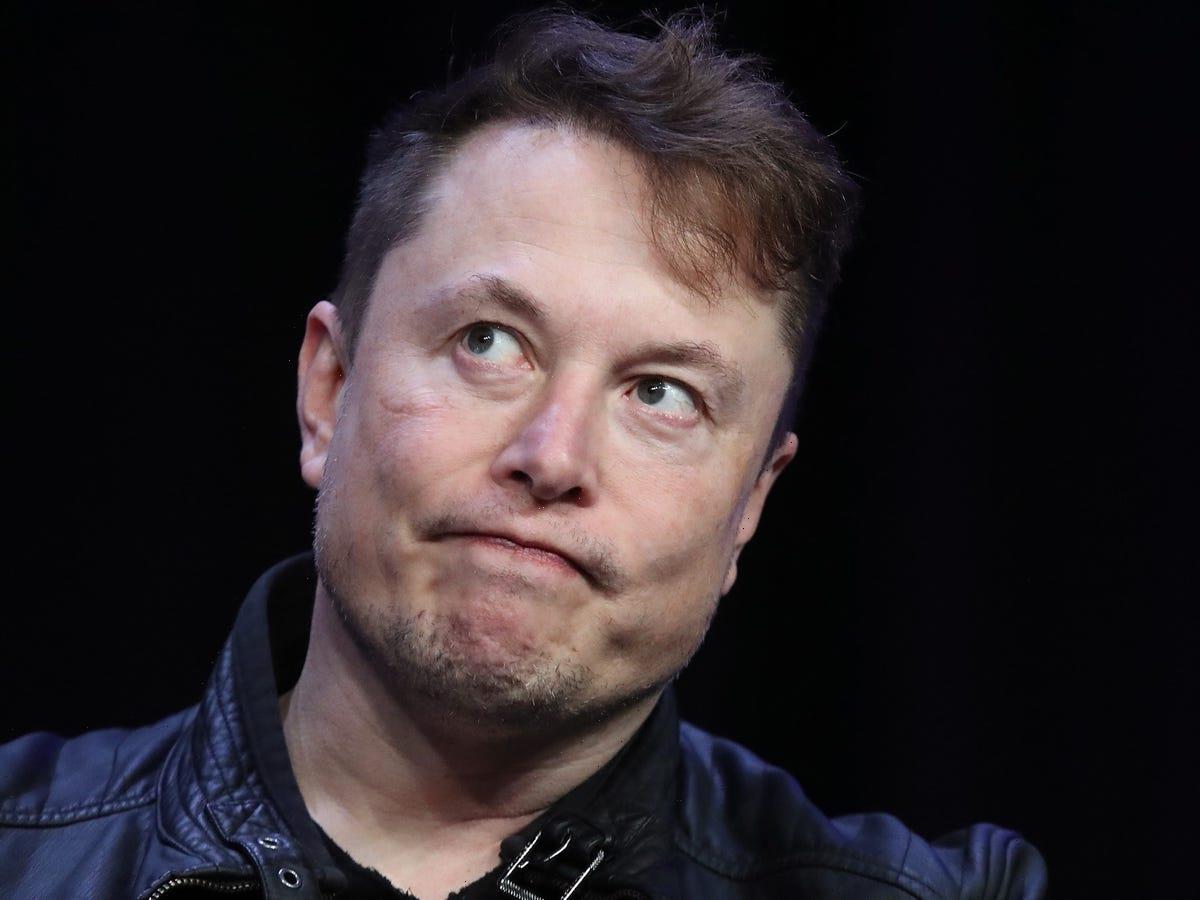- SpaceX denied that a Starlink satellite almost collided with a OneWeb satellite in an FCC filing.
- OneWeb told the WSJ that Starlink engineers had said they couldn’t do anything to avoid a collision.
- SpaceX said the companies worked together and OneWeb asked it to turn its collision software off.
- See more stories on Insider’s business page.
Elon Musk’s aerospace company SpaceX has denied rival OneWeb’s claims that their satellites almost collided earlier this month.
SpaceX said the two companies worked together and agreed in a meeting on Tuesday that there was no “close call” or “near miss,” per Federal Communications Commission (FCC) filings from the company, first reported by Ars Technica.
It also accused British-owned satellite broadband provider OneWeb of “intensified efforts” to prevent SpaceX from completing a safety upgrade.
This came after Chris McLaughlin, government affairs chief at OneWeb, told The Wall Street Journal in an article published on Monday that a satellite operated by Starlink, the internet arm of SpaceX, came within 190 feet of a OneWeb satellite in early April.
Read more: Bank of America breaks down 6 reasons why under-the-radar space company Avio could see its stock surge more than 100% as the industry rockets towards a $1.4 trillion valuation by 2030
McLaughlin told The Journal that Starlink’s engineers said they couldn’t do anything to avoid a collision and switched off the satellite’s autonomous collision-avoidance system. They did this so OneWeb could maneuver around the Starlink satellite without interference, McLaughlin said.
SpaceX fired back in its ex-parte FCC filing Tuesday, saying OneWeb itself had requested that it turn off its collision-avoidance system temporarily so that it could move its satellite.
According to SpaceX, OneWeb made this decision because OneWeb satellites need more time to coordinate and plan their maneuvers than Starlink satellites require, and the two companies were in communication throughout.
The two companies were working together “in good faith” and OneWeb “chose to publicly misstate the circumstances of the coordination” in The Journal’s article, SpaceX said.
OneWeb did not immediately respond to Insider’s request for comment.
SpaceX added that “the probability of collision never exceeded the threshold for a [collision-avoidance] maneuver, and the satellites would not have collided even if no maneuver had been conducted.”
SpaceX said its collision-avoidance system “was and remains fully functional at all times,” and that its satellite had conducted many similar maneuvers in the past in conjunction with OneWeb, “with no issues.”
At the meeting between FCC, OneWeb and SpaceX representatives on Tuesday, the two companies “agreed that they had conducted a successful coordination,” according to SpaceX.
It added that OneWeb offered to retract its previous statements.
Source: Read Full Article
